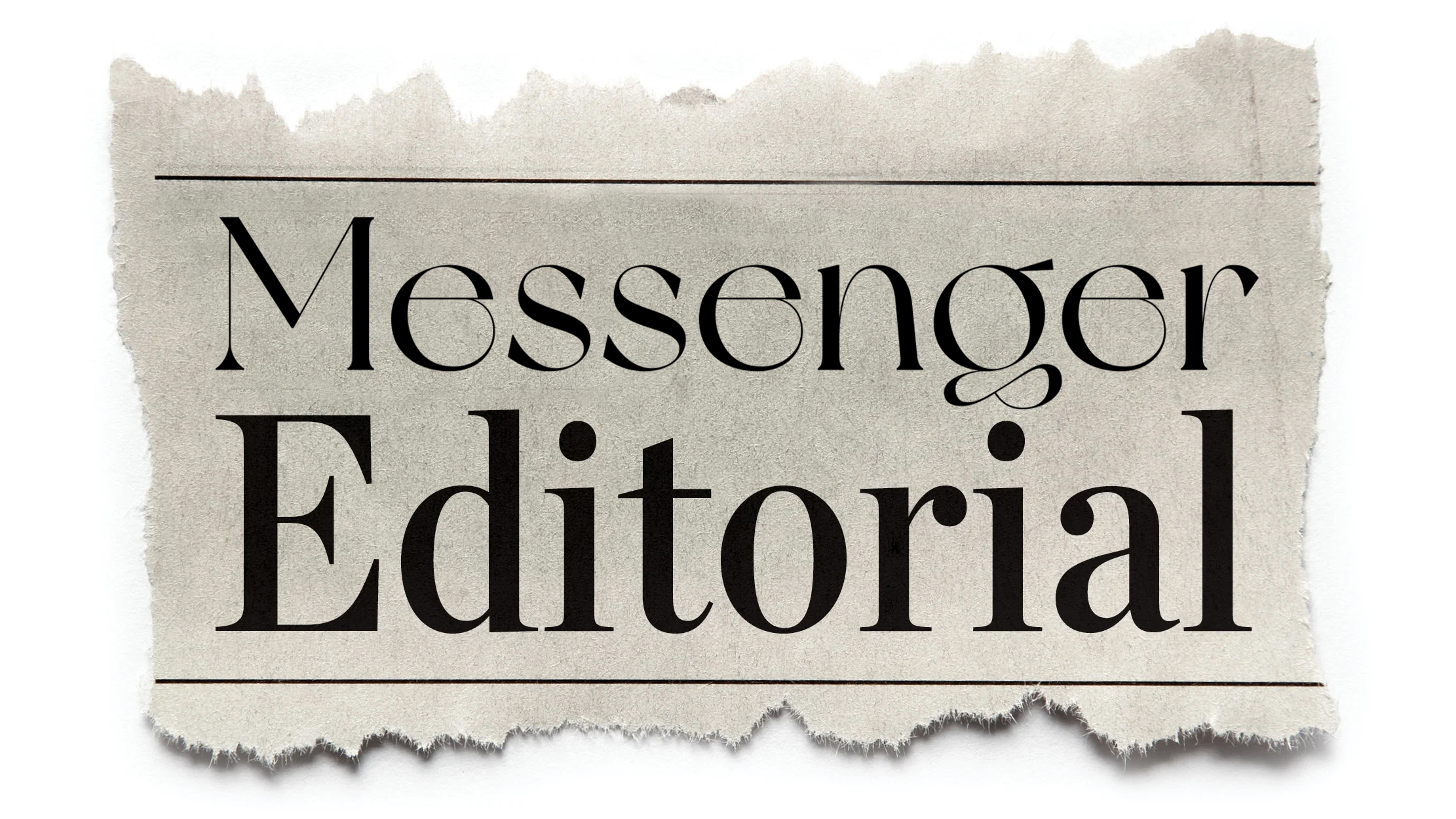It’s hard to believe that a state like New York once routinely bet on a split form of government every two years. In fact, Republicans controlled the State Senate from 1966 until 2009. Republicans would then control the upper chamber again from 2011 until 2019, with some of those years complicated by the leadership crisis and “parliamentary coup” marking the beginning of the last decade. Republicans governed with a coalition majority.
But it wasn’t until 2019 that Democrats would fully consolidate control with a trifecta in New York, controlling both chambers of the legislature and the governor’s office. Since then, with two more elections that allowed Democrats to retain control of New York entirely, we’ve also had two governors who haven’t done their party justice.
Since Democrats formed a trifecta just five years ago, the State budget has grown by a whopping $78 billion, our legislators are the most well-compensated in the country, and life in New York hasn’t been made easier by any stretch of the imagination, clearly evidenced by the state’s population hemorrhage and an apparent lack of initiative from the progressive wing of Albany.
Even common sense Democrats have a difficult time pushing their legislation through the halls of the capital, as the progressive wing has completely taken over the discourse. Republican incumbents have told us during our campaign interviews that there is no give-and-take in Albany, and Assemblyman Keith Brown (R-Northport) said it’s “disappointing.”
Governor Kathy Hochul (D) hasn’t done her or her party any favors either. While personable enough, Hochul has not demonstrated a backbone that her predecessor Andrew Cuomo (D) had, despite being disliked for being a “bully,” according to those who have worked closely with him. Craig Herskowitz (D-Northport), the opponent of Senator Mario Mattera (R-St. James), who worked closely with Cuomo, said this himself in our interview with him.
Moreover, Hochul has repeatedly demonstrated her inability, or perhaps her unwillingness, to throw elbows and get some items that she wants enacted. Just before Christmas 2022, the legislature voted for pay raises for themselves that made them the most well-compensated state body in the country, while leveraging that deal for nothing in return. It makes sense why the legislature, especially the progressive faction of the Democratic caucus, is unwilling to give her some wins that would largely help her legacy, such as repealing the most problematic aspects of bail reform.
Overall, Democrats have not made New York great again and Hochul, try as she might, can’t get anywhere with members of a legislature unwilling to work with their executive.
This November, we hope that Republicans can crack the supermajorities in both chambers. The GOP needs ten seats to flip the Senate majority outright this year, a tall order that would require a massive sea change and a stronger-than-expected performance from Donald Trump (R-FL) at the top of the ticket, assuming down ballot votes coalesce around State Republicans.
The likelier scenario, but one we’re equally hoping for, is a valuable check on the trifecta. While one-party rule would still exist in Albany, it would give Republicans in the minority and their Democratic colleagues who have demonstrated their ability to come to the table a sorely-needed bargaining chip to curb runaway legislation.
Even if Republicans are unsuccessful in taking back the Senate majority, they’ll at least hopefully have enough seats to start making the majority have multi-sided conversations and, at the very least, they’ll have a good starting point to continue clawing back seats in 2026.
A purple New York also works to the benefit of all voters, as it would greatly increase visits from high-profile campaigns and would give much greater value to political participation among the rank-and-file electorate.
We ask our readers to carefully examine all candidates and their platforms before pulling that lever (or picking up the magic marker), but it is The Messenger’s hope that we can finally see some semblance of a cooperative legislature working together with a few more checks and balances that would ultimately be afforded, not just to the legislature, but to Empire State residents across the board.




